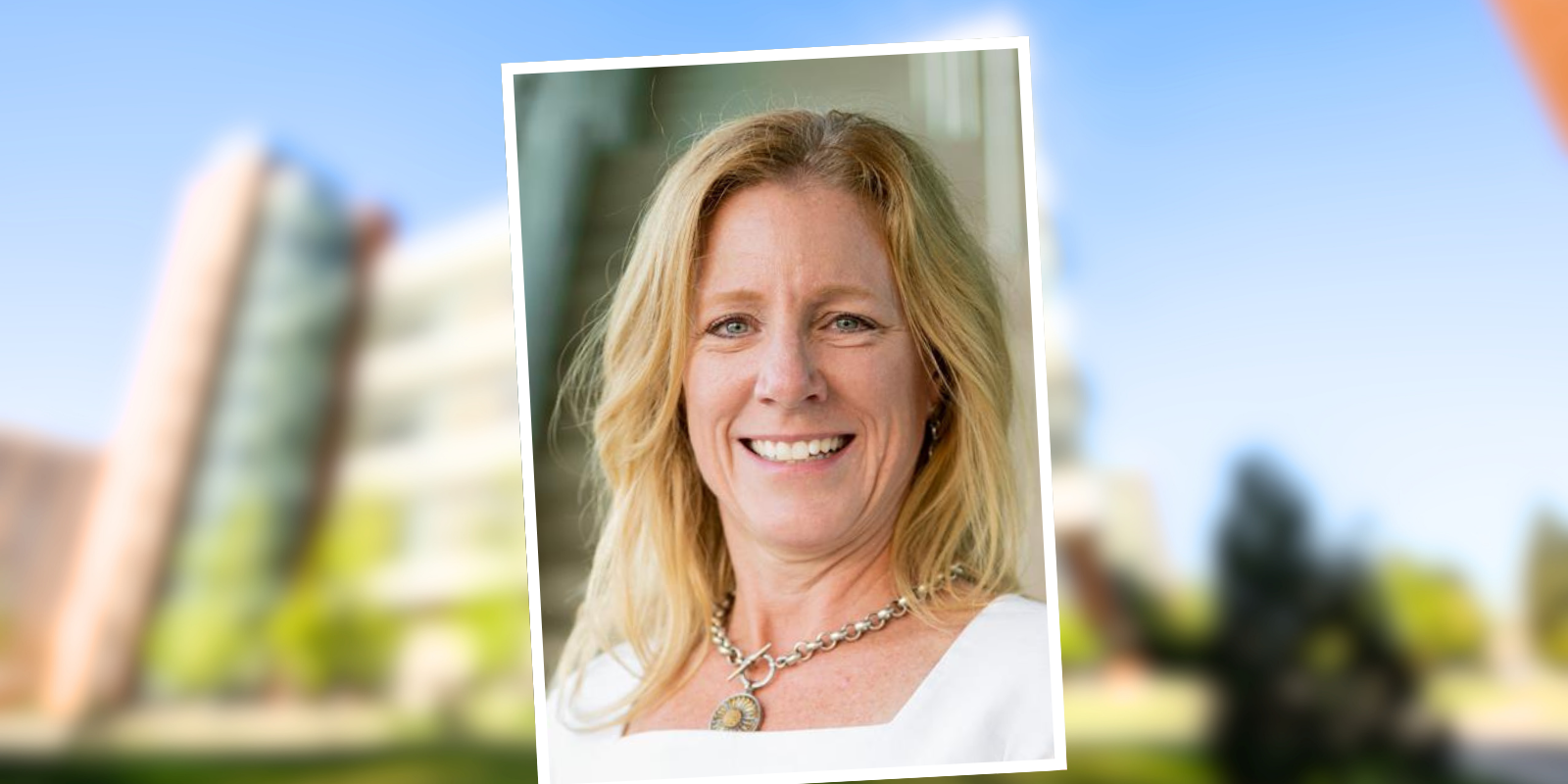In recognition of her research on women’s health and mental health, the National Academy of Medicine has elected Tracy Bale, PhD, professor of psychiatry in the University of Colorado School of Medicine, to its membership.
The National Academy of Medicine elects 100 new members each year; current members select new members based on their contributions to the advancement of the medical sciences, health care, and public health.
“It’s a huge honor,” says Bale, the Anschutz Foundation Endowed Chair in Women’s Integrated Mental and Physical Health, director of intergenerational stress and health, and director for sex differences research in the Department of Psychiatry. “The National Academy of Medicine is a very recognizable global organization, and it’s remarkable to reach that stage of your career where you receive this type of recognition.”
Impressive background
Bale joined the CU School of Medicine two years ago. She was recruited from the University of Maryland, where she founded the Center for Epigenetic Research in Child Health and Brain Development, a research effort focused on the impact of childhood stress and trauma on future mental health conditions.
“That was a huge undertaking that included community, policy, mentorship, and translational research,” she says.
Prior to that, Bale was a professor of neuroscience at the University of Pennsylvania for 15 years, serving as co-director of the Penn Center for the Study of Sex and Gender in Behavioral Health and director of research for the Building Interdisciplinary Research Careers in Women's Health Faculty Scholars with Neill Epperson, MD, now professor and chair of psychiatry at the CU School of Medicine.
Investigating childhood trauma and looking for biomarkers
At the CU School of Medicine, Bale and Epperson work together on research that continues the work on childhood adversity and trauma that they started while working together at the University of Pennsylvania.
“We are looking at exposures across the lifespan — including exposures in utero or preconception — and focusing on the mechanisms that contribute to differences in how the brain develops that contribute to a risk for mental health disorders,” Bale says. “We’re trying to understand those risk factors better. Even if we knew all the genes that contribute to a risk for depression, it’s still only a risk. There are many other contributing factors and experiences across your lifespan that can contribute to whether you'll present with a specific mental health disorder.”
Studying women’s health
Another area of research interest for Bale is women’s health — specifically the sex differences that underlie disease vulnerability in humans and inform better research and care. That research is performed as part of her role in the Department of Psychiatry and at the Ludeman Family Center for Women’s Health Research at the CU Anschutz Medical Campus, where she is part of a team that in April welcomed a visit from First Lady Jill Biden, EdD, who visited the Ludeman Center as part of the recently announced White House Initiative on Women’s Health Research.
“I invest a lot into the mission of the Ludeman Center, including reviewing grants, mentoring other researchers, and working to develop a number of community-based programs in line with my roles in the Department of Psychiatry,” Bale says. “We did a Brain Camp last summer for second-, third-, and fourth-graders from one of our local schools, teaching kids about mental health and the brain at a very young age. We wanted to teach them how the brain works and about mindfulness — that they have control over how they react to their environment and that how they react is important for their mental health.”
‘That needs to happen’
For Bale, who grew up in a small town in Minnesota and whose father’s job as a pharmacist spurred her own interest in science, the announcement that she had become a member of the National Academy of Medicine first stirred excitement — then a new sense of responsibility.
“Part of the reason I was recruited to the University of Colorado was to advocate not just for women's health, but for women as colleagues,” she says. “Looking at the limited number of people on this campus who are in the academy, my second thought was, ‘OK, now that I am a member of the academy, my next step is to reach back and see who else I can pull in.’ There are a number of excellent scientists on this campus who haven't had that privilege, and that, to me, is something that needs to happen.”



